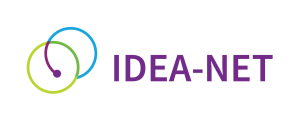St. Pölten University of Applied Sciences – St. Pölten, Austria
The activities that this office has carried out (in the last two years) with regard to equal access/inclusion/diversity are:
- Support and counselling for students and university staff
- Lectures, workshops, seminars for students, faculty and non-teaching staff
- Training courses for peer educators
- Public promotion (e.g. production of media content such as podcasts)
- Improving physical accessibility
- Improving digital accessibility
- Developing childcare possibilities
- Giving out awards
- Improving infrastructures for queer people and people with care responsibilities
At this university, the activities with the greatest impact were the workshops and seminars for staff and peer educators, promotion of diversity in recruitment, improving gender and diversity & inclusion monitoring, and offering free childcare (3 weeks at Easter and in Summer).
The last innovative practise/tool introduced at this university when it comes to ensuring inclusion, diversity and equal access was to commit to a Diversity Charter (https://www.wko.at/site/Charta-der-Vielfalt). In addition to activities to support inclusion, St. Pölten University of Applied Sciences implements measures/activities to counter exclusionary and discriminatory practices through binding policy (legislation), strategy/action plan(s), recommendations/guidelines and media campaigns.
IDEA-net: Expanding the network of Inclusion, Diversity, Equity and Access (IDEA) practitioners in higher education through institutional capacity building
Project ref: 2022-1-NL01-KA220-HED-000089789

This project has been funded with support from the European Commission. This website reflects the views only of the authors, and the Commission cannot be held responsible for any use which may be made of the information contained therein.

